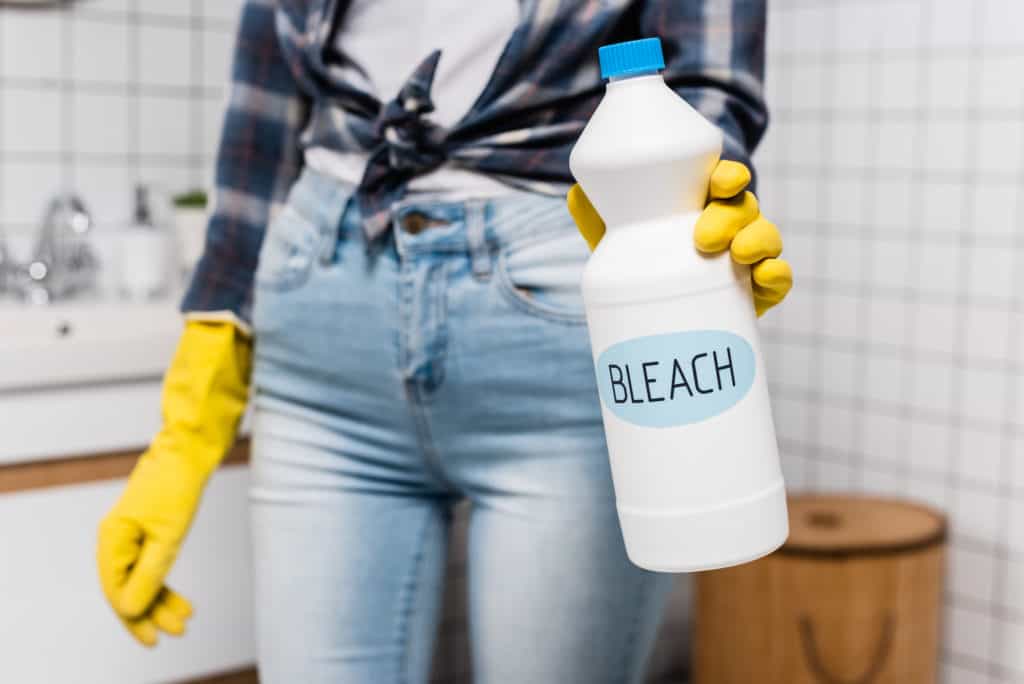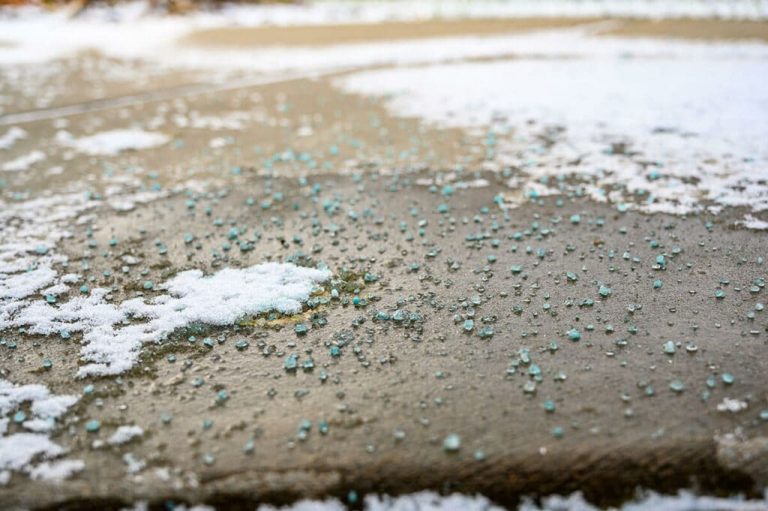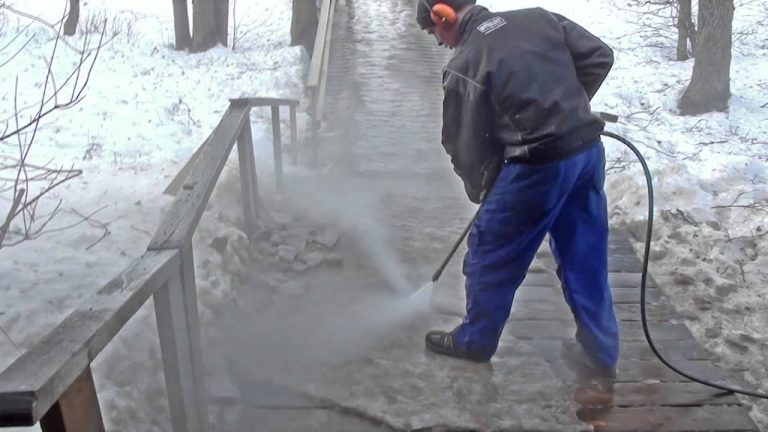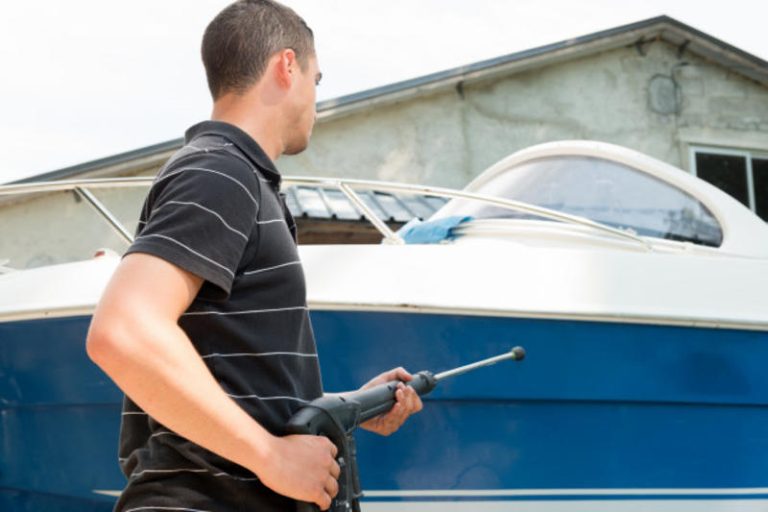
Bleach is one of the most well-known and widely used disinfectants and cleaning agents. From whitening clothes to scrubbing bathrooms, its stain-fighting and mold-killing abilities are legendary. So, when it comes to cleaning grime, algae, or mildew off outdoor surfaces, you might be wondering: can I run bleach through my pressure washer for better results?
The short answer is: you shouldn’t — unless your pressure washer is specifically built to handle bleach, and even then, extreme caution is needed. 🧼💧
In this article, we’ll explain:
- Why people consider using bleach in a pressure washer
- The serious risks involved
- Safer alternatives to achieve powerful cleaning
- When (and how) to use bleach correctly around your home
Let’s clear up the confusion before you damage your gear — or your lungs. 🛠️🚫
Why People Want to Use Bleach in Pressure Washing
It makes sense on the surface. Bleach is:
- Powerful — it kills mold, mildew, bacteria, and algae
- Fast-acting — visible results in minutes
- Inexpensive — a gallon of household bleach costs just a few dollars
- Readily available — most people already have it at home
So, when you’re facing stubborn stains, black streaks, or green buildup on your siding or patio, adding bleach to the pressure washer seems like a quick fix.
But it’s not that simple — and often not safe.
The Problem with Bleach in Pressure Washers 🛑
Bleach is highly corrosive. Most household bleach is made up of sodium hypochlorite, a chemical that:
- Eats through rubber, plastic, and soft metals
- Produces toxic fumes when aerosolized
- Can damage pump seals, hoses, and spray tips
- Reacts dangerously when mixed with certain detergents
When bleach is run through a standard pressure washer, several problems arise:
🧯 1. Equipment Damage
Bleach breaks down seals, O-rings, and gaskets inside the pump and hose. Over time, this leads to internal leaks and premature failure of your machine. Even stainless steel components can corrode when exposed to bleach regularly.
😷 2. Health Hazards
Bleach under high pressure becomes aerosolized, meaning you’ll inhale tiny bleach particles. This can:
- Irritate your eyes, lungs, and skin
- Trigger asthma or respiratory issues
- Cause chemical burns if it makes contact with skin in mist form
And if bleach mixes with other chemicals — like ammonia or vinegar — it can create toxic chlorine gas, which is extremely dangerous.
🚫 3. Surface Damage
Bleach can strip paint, damage plants, and discolor certain surfaces. If you overdo it, you may end up with splotchy fences, weakened decks, or dead landscaping.
What Do Manufacturers Say?
Virtually all pressure washer manufacturers warn against using bleach in their equipment. Check your manual — odds are it says something like:
“Do not use bleach, acidic, or caustic cleaners in this pressure washer. Doing so will void the warranty and may damage internal components.”
Some commercial-grade machines have special bleach-compatible pumps or bypass systems, but those are exceptions — and even then, the bleach is typically used at very low concentrations through dedicated injection systems, not mixed into the water tank. 🧪
Safe Alternatives to Bleach in Pressure Washing 🧼✅
You can still get excellent cleaning results without using bleach. Consider these safer (and still powerful) alternatives:
✅ 1. Biodegradable Pressure Washing Detergents
There are dozens of specialized soaps made for pressure washers, designed to:
- Remove mold, algae, and mildew
- Break down dirt and grease
- Rinse clean without residue
Look for labels like “safe for plants,” “non-corrosive,” or “siding-friendly.” Many are even EPA Safer Choice certified. 🌱
Browse Amazon For Eco-Friendly Power Washing Soaps
✅ 2. Oxygen Bleach (Sodium Percarbonate)
Unlike chlorine bleach, oxygen bleach is much gentler on surfaces and safer for use around vegetation. It comes in powdered form and activates when mixed with water.
Great for:
- Wood decks
- Patios
- Outdoor furniture
- Vinyl siding
It won’t kill your plants or corrode your machine. Win-win! ✅
✅ 3. Vinegar + Water Solution
For light algae or mildew on siding or fences, a vinegar solution can work wonders. While not as aggressive as bleach, it’s completely safe and effective when paired with light pressure and a brush.
If You Must Use Bleach (Use It This Way)
If you insist on using bleach near your home, here’s how to do it without running it through the pressure washer:
🧴 Manual Spray Application
- Mix a solution of 1 part bleach to 3 parts water in a pump sprayer.
- Add a squirt of mild dish soap to help it stick to surfaces.
- Spray onto the affected area and let it sit for 5–10 minutes.
- Scrub lightly if needed.
- Rinse with your pressure washer — just water, no bleach in the machine!
This method gives you bleach’s cleaning power without risking your washer or your health.
What About Soft Washing Systems?
Soft washing uses low-pressure spraying (under 500 PSI) with chemical cleaners — often including diluted bleach — to clean delicate surfaces like roofs and siding.
Professionals who soft wash have:
- Bleach-compatible equipment
- Special surfactants and neutralizers
- Proper PPE (personal protective equipment)
- Plant and property protection measures
Unless you’re trained and equipped for soft washing, it’s best left to the pros. 🧑🔧
Quick Do’s and Don’ts
✅ Do:
- Use approved pressure washer detergents
- Pre-wet vegetation before spraying nearby surfaces
- Spot treat stubborn stains manually
- Wear gloves and eye protection when using chemicals
❌ Don’t:
- Pour bleach into your pressure washer tank
- Mix bleach with other cleaners in a sprayer
- Use high PSI on painted or delicate surfaces
- Forget to rinse surfaces and equipment thoroughly
Final Verdict
So, can you use bleach in your pressure washer?
🚫 No — not directly.
While bleach is a powerful cleaner, it’s too corrosive and too hazardous for most pressure washers. It can destroy your equipment, hurt your health, and damage the surfaces you’re trying to clean.
Stick to pressure washer-approved detergents or apply diluted bleach manually — then rinse with clean water using your pressure washer.
With the right approach, you can keep your property looking spotless without risking your tools or your safety. 🧼🧴💦
Browse Amazon Here For Top Rated Power Washers And Accessories






